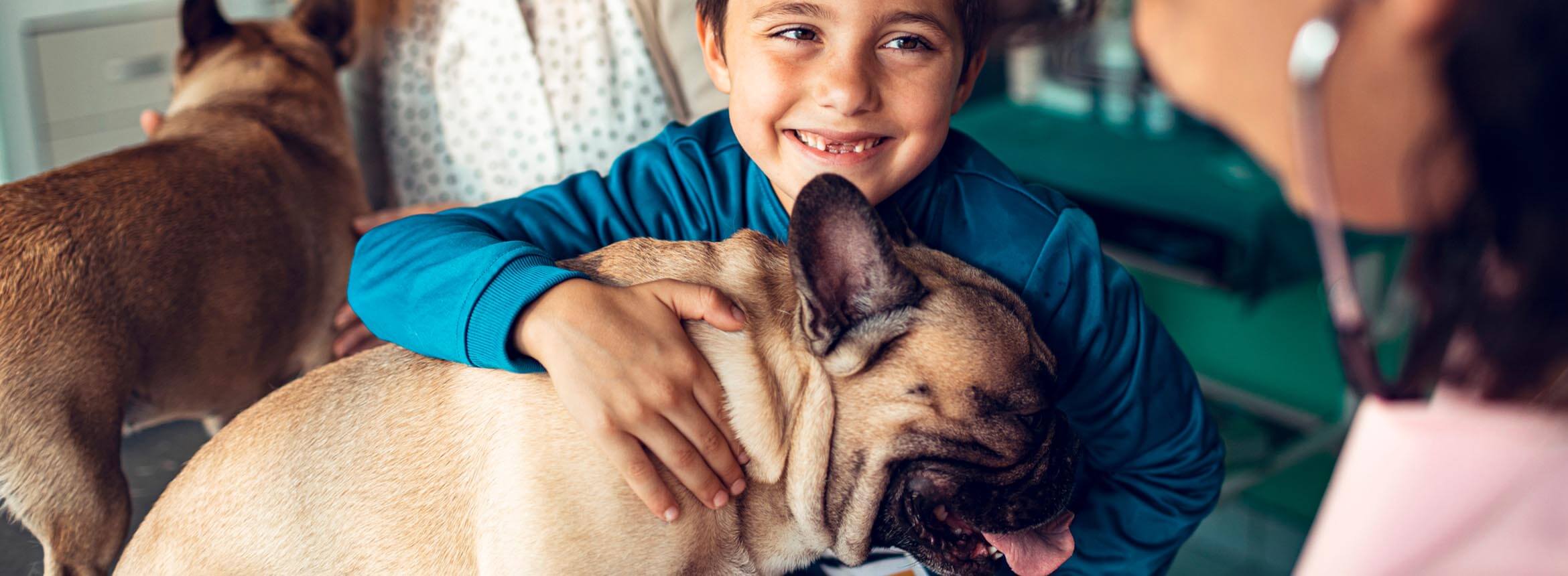As Pet Parents, one of our top priorities is taking care of our furry pal’s well-being. Though an adult dog may not be as vulnerable as a puppy, you still need to be mindful of his health and safety. Here are some important things to watch out for.
Keep his weight under control with diet and exercise.
Obesity in dogs is a risk factor for a whole range of health problems, including but not limited to:
- Diabetes
- Arthritis and joint problems
- Liver and kidney disease
- Cancer
The added strain of carrying around extra weight can also make your pal more lethargic, which leads to less exercise. This makes him prone to muscle injuries and sprains.
Even a small amount of extra weight can have a big impact — especially if your buddy is a toy breed. The best way to keep weight off? Feed your pal a nutritious and balanced diet that’s formulated for his stage of life and nutritional needs, and make sure he gets the appropriate exercise for his size. If you’re not sure what food to choose or what type of exercise would be best for your dog, ask your veterinarian for recommendations.
Brush his teeth regularly.
Oral health care should start when your dog is just a pup. Professional cleanings from your vet and at-home brushings will help prevent gum disease later in life.
Inflamed gums are usually the first sign that your dog’s teeth need some TLC. Inflammation can lead to gum disease if left unattended. If gum disease isn’t corrected, your dog can develop serious conditions, including bone loss or blood infections.
To protect your pal, make it a routine to brush your pup’s teeth once a day, or at least three times a week. Use a toothbrush and toothpaste made especially for canine companions (there are some great flavours available that may make tooth brushing more enjoyable for your pup).
Dog-proof your home against trips and falls.
Hardwood floors, tile, bathtubs, and other slippery floor surfaces can be prime places for a pup to slip and injure himself. If possible, provide your pal with a carpeted or textured surface to play on, or invest in a tub mat to make slipping in the bathtub less likely.
Stairs are another common source of injuries, especially if your excited pal makes a mad dash down the stairwell when he hears a doorbell or a knock. Restrict your pup’s access to stairs when you can’t monitor him. If he has trouble getting up and down the stairs on his own, consider carrying him or keeping his living and sleeping spaces on the first floor if you live in a multi-story house.
Routine care, a healthy diet, and a watchful eye will go a long way toward ensuring your canine companion’s health and happiness. Want to know what to expect when your dog reaches his golden years? See our Healthy Senior Dog Guide.

